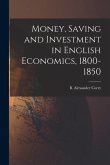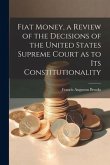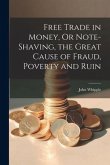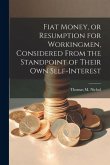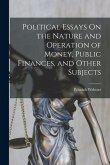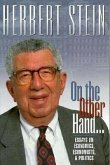No economist has ever unambiguously explained to us where our money comes from. In their theories, the amount of money that we collectively hold depends on two fundamental factors. One is our "demand" for it, while the other is its "supply." Their naivety and ignorance have caused money, which is something everyone knows exactly what it is, to become elusive. Yet Milton Friedman, the father of monetarism, believed by controlling the money supply a government could effectively manage its economy. He was opposed to John Maynard Keynes, who argued that government should use tax and spending (i.e., fiscal policy) to manipulate the economy. Though they were rivalries, what's common between these two greatest figures in economics is the indispensable role of government in managing the economic well-being of a country. So how does it fare in delivering a better world for us to live in? The United States, leveraging its intrinsic economic strength and history of global military engagement, can navigate highs and lows in international affairs to its benefit. How? It makes other countries hold its currencies in the form of US bank liabilities. Or put plainly, that country's dominance is gained by exporting money, which has a subtle function that is totally unfound in economics. The power of a country is related to its capacity of devouring natural resources (or harming the environment)-where money is the means. As the foremost global economic force on the planet, does the US not set itself to be the leader on a potentially catastrophic course of destroying the world? From early barter economies to today's digital marketplace, humans have been progressing at the expense of Mother nature. That is the root of an intractable issue troubling modern civilization: climate change.
Hinweis: Dieser Artikel kann nur an eine deutsche Lieferadresse ausgeliefert werden.
Hinweis: Dieser Artikel kann nur an eine deutsche Lieferadresse ausgeliefert werden.


